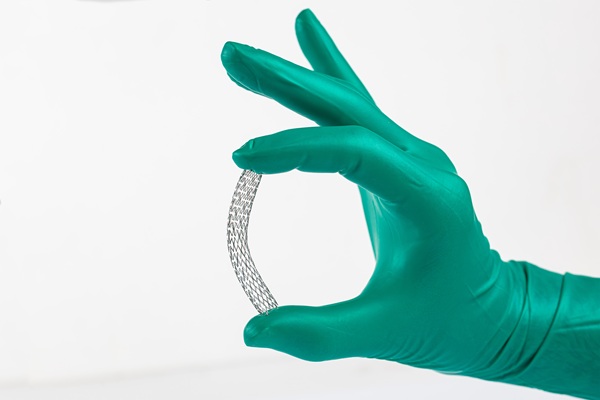What to Expect During an Echocardiogram

An echocardiogram is a popular, painless examination performed by doctors to diagnose and monitor heart conditions. If you are experiencing signs of a heart problem, suffered a heart attack or have been diagnosed with a heart problem, your doctor may suggest this test.
The echocardiogram, otherwise known as an echo or ECG, is a type of ultrasound test that uses sound waves to create images of your heart. The echocardiogram can provide your doctor with valuable information about the state of your heart. It will show if the condition of your heart, heart valves and the rate of blood pumped by the heart are normal or if there is a certain abnormality or heart disease present.
Doctors will recommend an echocardiogram if you:
- Are experiencing signs and symptoms of a heart condition, such as chest pain, irregular heartbeat, odd heart sounds or shortness of breath.
- Have been diagnosed with a heart problem like heart valve disease or cardiomyopathy (heart muscle disease).
- Have had a heart attack or heart surgery
What to expect from an echocardiogram
You will undergo the test in a doctor’s office or hospital from a specially trained technologist. The procedure requires no special prepping or adjustments and lasts typically between 30 to 60 minutes.
The test will be conducted in a darkened room to ensure better visibility of the test monitor. Before the test starts, you will be asked to undress from the waist up and change into a hospital gown before lying down on the examination table.
Afterward, the technologist will attach sticky patches known as electrodes to your chest to keep track of your heart rhythm via an electrocardiogram, or EKG. After that, the technologist will put gel on your chest and place a mini device called a transducer against your chest, moving it up and down right over your heart. The transducer receives and sends out sound waves, which are transferred to the test monitor to show images of your heart.
For a larger part of the test, you will rest on your left side. You may be asked to lie on your back and hold your breath for a few seconds. While the test lasts, you may occasionally hear a whooshing sound. Do not panic. That is the sound of blood circulating through the heart at an amplified frequency.
The echocardiogram test results
The results of your echocardiogram will be available for your doctor within a week, and you will be able to go through the test results together. The results could be either of the following:
- Normal, which means that the heart, heart valves and the rate of blood flow from the heart are all normal.
- Abnormal, which typically depends on the specific condition and may mean that your heart chamber or valves are not performing effectively, the rate of blood flow from your heart is not enough to meet your body’s requirements, there is extra fluid surrounding your heart or there is a tumor or blood clot in the heart.
In conclusion
If the tests are abnormal, the doctor may request additional tests to detect the precise cause of the condition and recommend appropriate treatment.
Request an appointment here: https://boyntonbeach.floridapremiercardio.com or call Florida Premier Cardiology at (561) 229-1411 for an appointment in our Boynton Beach office.
Check out what others are saying about our services on Yelp: Read our Yelp reviews.
Recent Posts
Coronary stent placement is a treatment for coronary artery disease, a buildup of plaque (fat and cholesterol) around the heart's arteries. Along with angioplasty, a stent helps restore blood flow to the heart, relieving symptoms such as chest pain and shortness of breath and helping prevent a heart attack. The following overview of coronary stent…
Heart disease treatment encompasses a range of interventions, from lifestyle changes and medications to surgical interventions. Individuals can manage their condition and improve their quality of life by working with a cardiologist. Successful heart disease treatment starts with the patient having the information they need to make informed decisions about their health.Also known as cardiovascular…
A heart specialist is a doctor specializing in diagnosing and treating cardiovascular conditions. Patients may be referred to one of these doctors for several reasons, from diagnosing a heart health issue to getting cleared for surgery. However, seeing a heart specialist is even more crucial for those either experiencing the signs of heart disease or…
Cardiologists perform angioplasty to open blocked arteries, specifically those caused by coronary disease. This minimally invasive alternative to open heart surgery can restore proper blood flow to the heart and often reverse the fast track to a heart attack. However, learning when one is necessary is crucial for treatment success.Coronary artery disease (CAD) is a…


